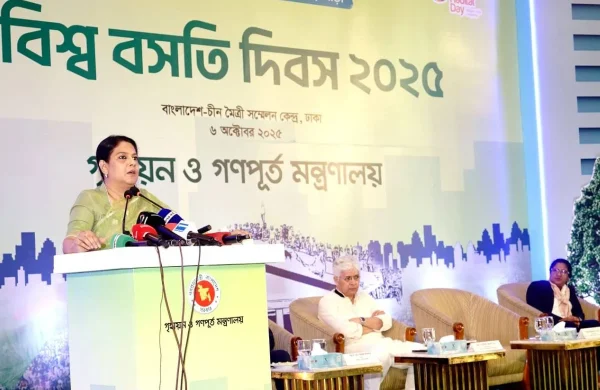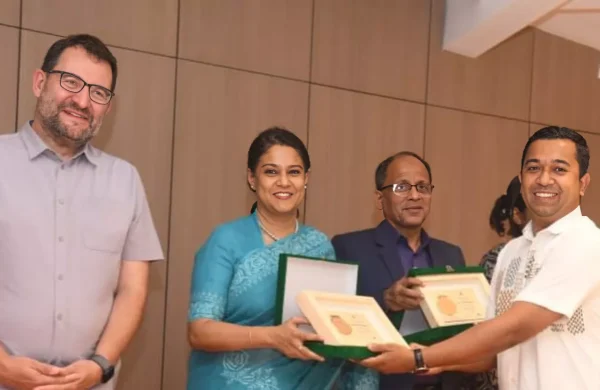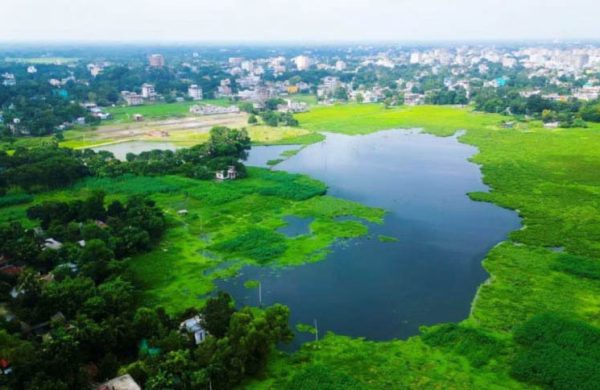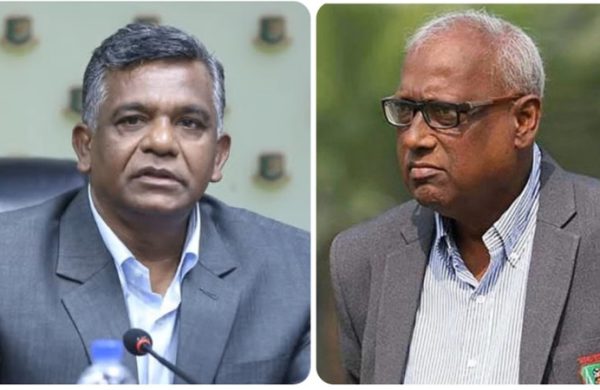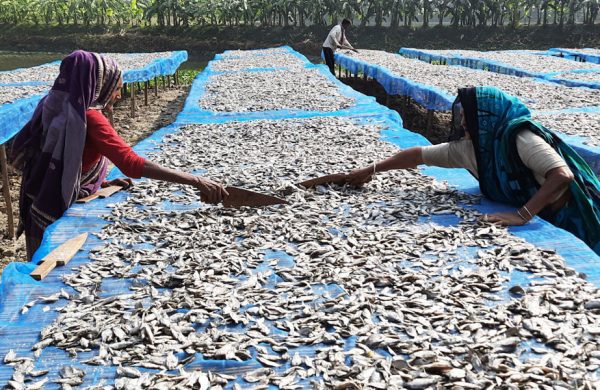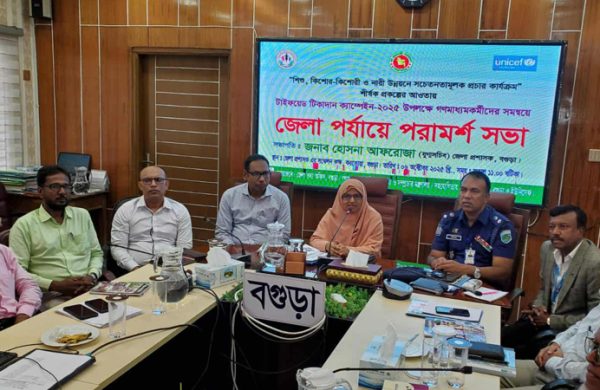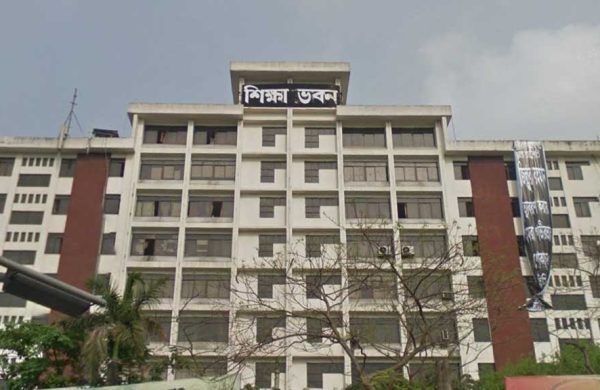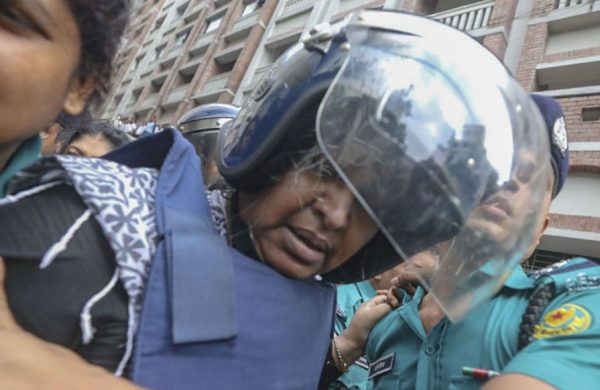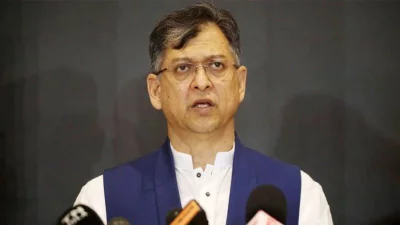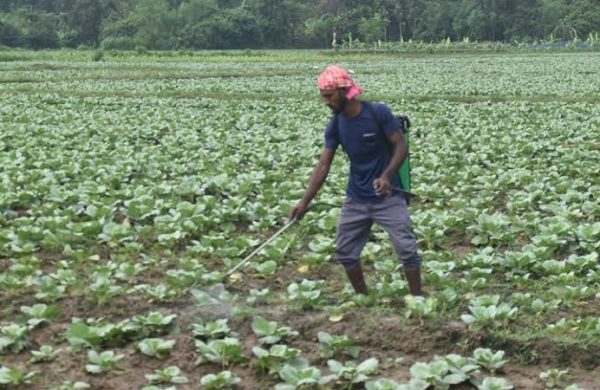National unity exists in river grabbing, not in restoration: Anu Muhammad
- Update Time : Friday, September 26, 2025

TDS Desk:
Professor Anu Muhammad has warned that while there is national consensus when it comes to river grabbing or pollution, there is no similar unity for river restoration in Bangladesh.
Speaking as the chief guest at a discussion organized by Nongor on the occasion of National River Day at the National Press Club on Friday, he said, “A common question is why the Joint River Commission is ineffective. This is not limited to the commission—many committees in our country, whether coordinating with other nations or international organizations, often lack adequate preparation and expertise. Governments here have a tendency to rely heavily on international bodies. For instance, the delta plan for our rivers is being designed by a Dutch group.”
He further said that after assuming office, the current government took responsibility, but little progress has been made. “The government could have formed a river reform committee including all experts already working in this field. Ratifying the 1997 UN international convention on rivers would have been another simple but important step,” he said.
Highlighting the importance of cross-border cooperation, Muhammad noted that many prominent Indians opposed the Farakka Barrage, and there are ongoing calls in India for its removal. “Engaging with Indian stakeholders who support river protection is crucial,” he said.
Anu identified three main causes of river degradation in Bangladesh: external intervention, domestic development projects, and river grabbing by powerful local groups linked to political parties. “Development projects for flood control and irrigation have harmed many rivers. Yet, we have seen no effective government action. Within the country, there is unity in river grabbing and pollution, but not in restoration,” he said.
He also criticized the government’s surveillance practices. “Currently, the state monitors the public. Counter-surveillance by citizens is necessary to oversee government activities. Alongside political unity, a national unity led by the people must emerge to protect our rivers,” he added.


